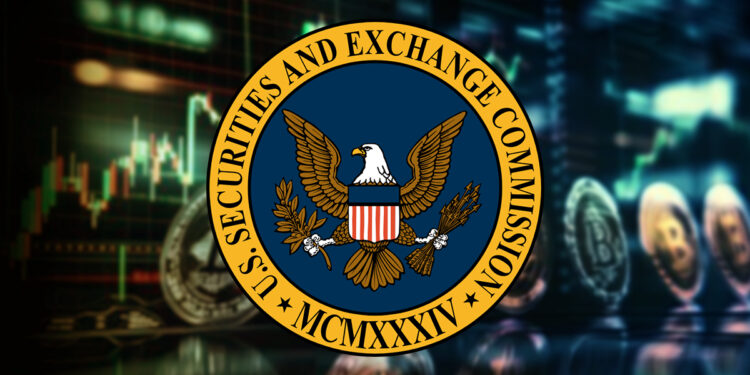- These developments by the SEC regarding crypto enforcement mirror a wider government policy designed to promote blockchain economic development.
- The decreased regulatory oversight leads to increased investment and innovation in the crypto industry yet threatens crypto users with fraud activities and market fraud.
- Current regulatory support toward cryptocurrencies might bring institutional investors while new leadership patterns could potentially revive stricter enforcement measures that would create market instability.
The Securities and Exchange Commission (SEC) is scaling back its crypto enforcement efforts, reassigning members of a special unit focused on regulating digital assets. Acting chair of the commission, Mark Uyeda, recently created a team to review the SEC’s approach towards digital assets.
The team made of over 50 lawyers and staff previously dedicated to enforcement actions will be moved to other roles. This decision aligns with the administration’s broader approach to reducing regulatory oversight on digital assets, signaling potential changes in market dynamics.
Why the SEC is Reducing Crypto Oversight
After changes in regulatory moves the SEC cut down its workforce dedicated to crypto enforcement to support the cryptographic market. The current government seeks to achieve economic growth through blockchain development by optimizing the balance between regulation and market freedom. Executives in the industry interpret this development as a strategic plan to adopt a less invasive regulatory approach for digital assets.
Impact on the Cryptocurrency Industry
The crypto industry has reacted with mixed opinions on the SEC’s decision. While some stakeholders view the change as an opportunity for growth and innovation, others express concerns over potential risks. With fewer enforcement actions, crypto firms may operate with less fear of regulatory scrutiny, potentially leading to increased investment.
A reduction of regulatory enforcement would create better conditions for cryptocurrency companies to attract increased investments along with enhanced innovation. The lack of oversight creates an opening for unethical actors who could cause more Ponzi schemes and fraud activities.
On the other side, If regulatory uncertainty eases, more institutional investors might enter the space, driving adoption and price appreciation. Moreover, a future administration or SEC leadership change could reintroduce stricter enforcement, causing regulatory whiplash. Overall, the move signals a pro-crypto stance but also raises concerns about investor protection. The market reaction will depend on how industry players and lawmakers respond.














